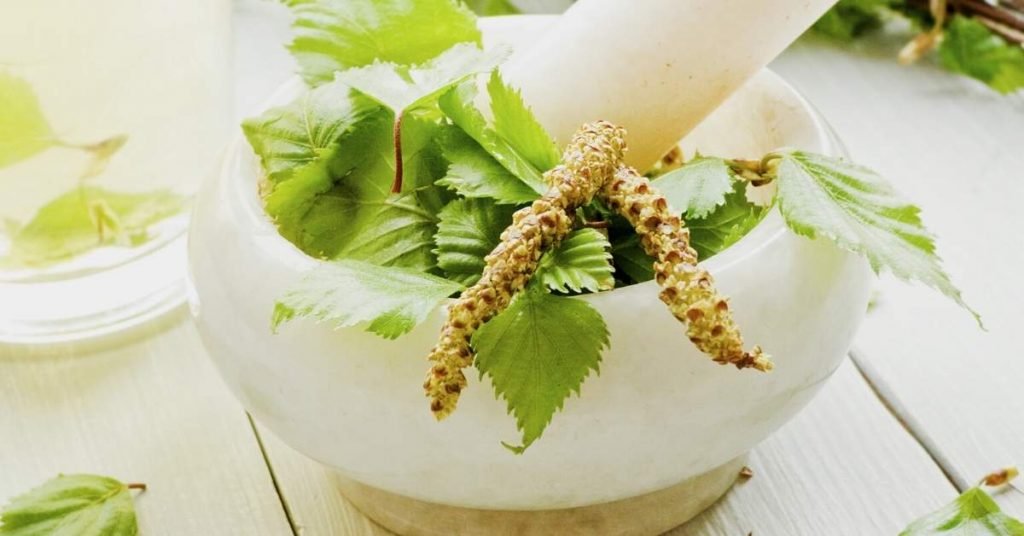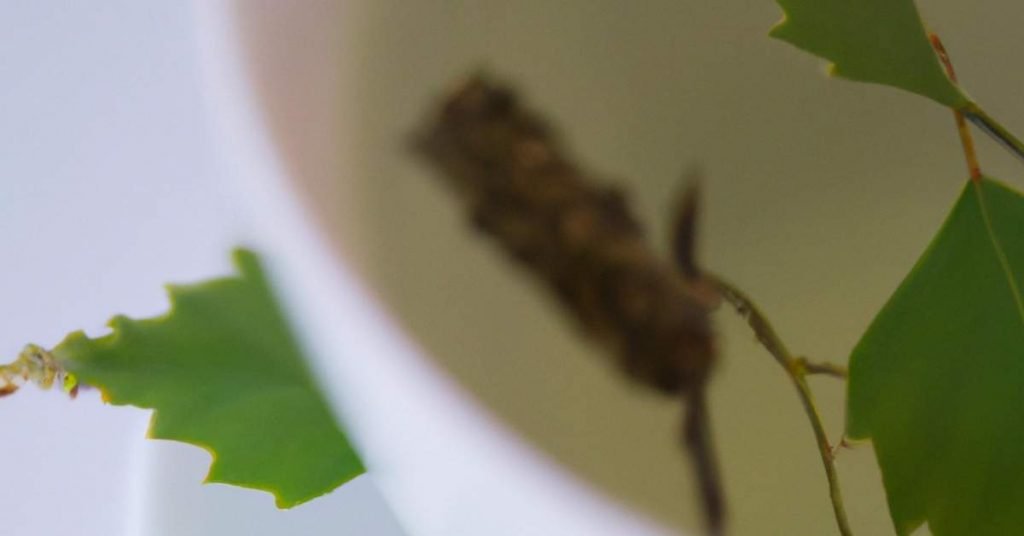The birch is a tree of considerable height and native to Southwest Asia, although nowadays it also grows in the rest of the continents. In addition to taking advantage of its wood, birch has different medicinal uses thanks to the multiple benefits it can bring to human health.
Which Parts of Birch Are Good to Make a Tea?
First of all, it is good to know that different parts of the birch are used to make the most of its health benefits, both internally and externally. Thus, it will be possible to use both the leaves and flowers, as well as the bark and sap of the birch, depending on the medicinal use we need.
However, for preparing birch tea, you can use either the bark or its leaves.

Birch Tea Benefits
1. Aids Kidney Work
One of the main beneficial properties of birch tea is the fact that it helps the kidneys in their function of eliminating excess substances from the body.
Thus, birch leaf infusions will act as a nephritic and stimulate these organs to ensure their proper functioning.
Birch sap will also be appropriate for people suffering from kidney stones, always in consultation with your doctor.
2. Prevents Fluid Retention
Birch tea is a natural diuretic, so it will also contribute to the elimination of fluids from the body and thus prevent fluid retention.
It is for this reason that birch infusion is often recommended for people who want to lose weight, along with a balanced diet and exercise, to facilitate weight loss.

3. Anti-inflammatory
Birch also has benefits for rheumatic and joint diseases such as arthritis and osteoarthritis because it is anti-inflammatory, as well as helps to eliminate fluids that accumulate in the joints.
For this same reason, it is possible to resort to birch in case of hyperuricemia, i.e. when uric acid levels are too high.
The accumulation of this substance in the body causes the appearance of urate crystals in the joints and the consequent discomfort and pain that this generates. It is also through urine that excess uric acid is excreted, so birch may contribute to its elimination.

4. Antibacterial
The antibacterial capacity of birch tea, together with its anti-inflammatory properties, allows the components of this tree to be used as a natural remedy against cystitis or urinary tract infections.
People with recurrent infections or chronic cystitis can reinforce the treatment they are following with the benefits of birch.
Possible Side Effects
In addition to all the benefits of birch, it should be noted that it may also have some contraindications or side effects. It is for this reason that special attention should be paid to people who:
- Suffer from hypertension, as birch can increase blood pressure due to sodium retention.
- Follow a pharmacological treatment for circulation problems, hypertension, or diuretic drugs.
- Are pregnant or breastfeeding
Also, always consult your doctor before starting a treatment with birch.
Anyways, moderate birch tea consumption has no side effects on any person, just like any other tea. However, in case you don’t like its taste, you can also mix birch with Green tea and enjoy a completely new experience.
No content on this site, regardless of date, should ever be used as a substitute for direct medical advice from your doctor or other qualified clinicians.
MEDICAL DISCLAIMER
Itsnevernotteatime.com cannot and does not contain medical/health advice. The medical/health information is provided for general and educational purposes only and is not a substitute for professional advice.




